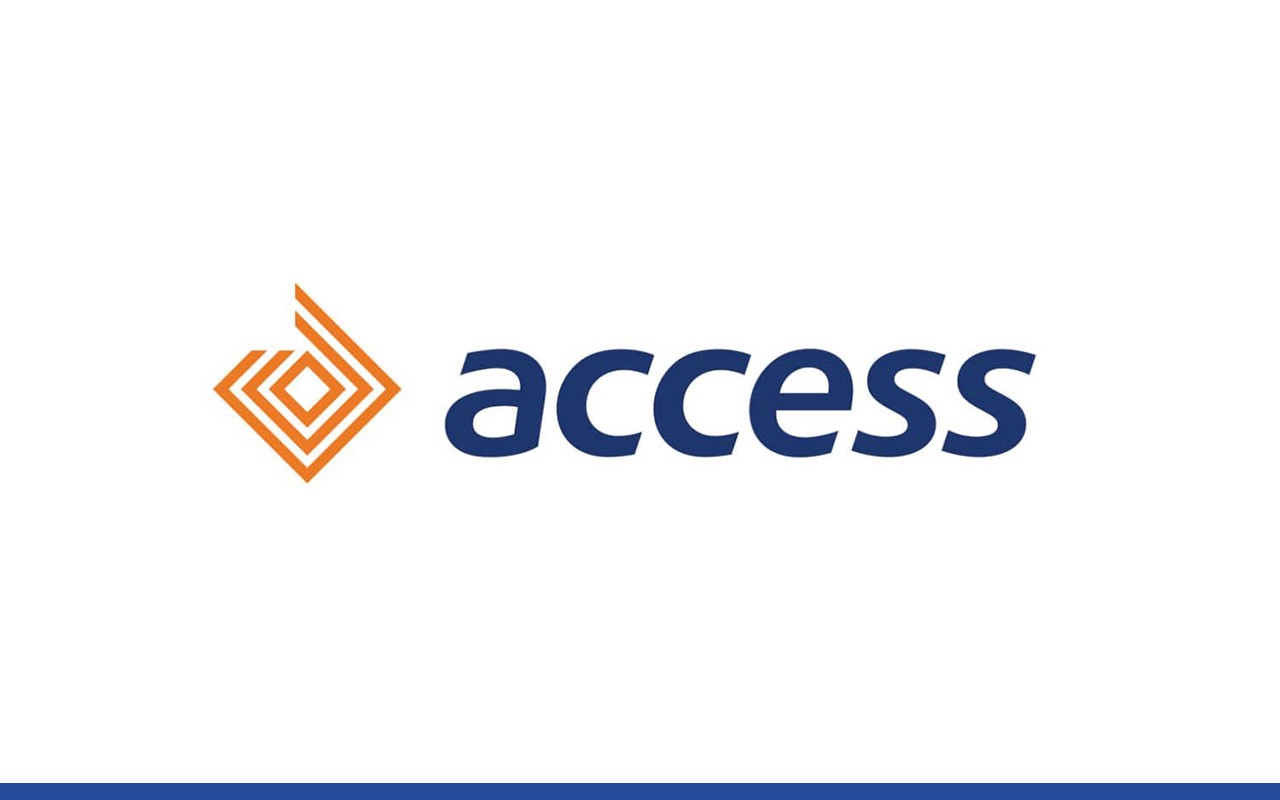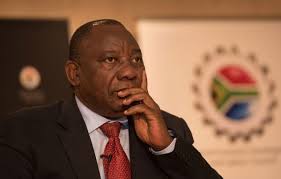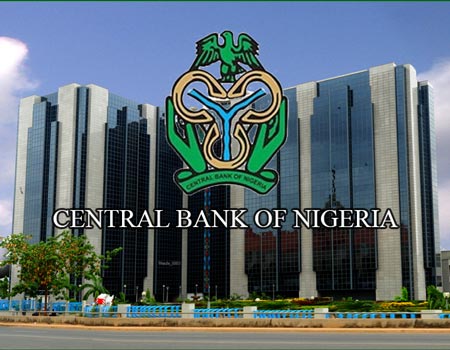The federal government has proposed an increase in Value Added Tax (VAT), from the current 5% to 7.2%. The increment is linked to the implementation of Nigeria’s new minimum wage which has informed the need for an increase in revenue, particularly from taxation. Although the new policy awaits approval by the National Assembly, it is expected that the additional revenue obtained would help states in meeting their wage payment obligations given the frequent difficulties in salary payment for some states.
The additional tax burden has the potential to change people’s economic behaviour by making them save more. Moreover, the VAT rate of other lower middle-income African countries including Cote d’Ivoire, Senegal and Lesotho at 20%, 18% and 15% respectively is significantly higher than Nigeria’s proposed VAT rate. However, households and firms will be negatively affected as the proposed increase would reduce the disposable income of consumers, and a portion of the recent gains in minimum wage will be eroded.
High Budget Deficit
Recent reports of the Nigerian government’s fiscal activities reveal the inability to generate sufficient revenue to fund expenditures from January to July 2019. According to the CBN, a total revenue of N2.12 trillion realized during the period fell short of total budgeted revenue of N3.27 trillion which resulted in a huge budget deficit of N1.15 trillion. A further breakdown reveals that while the revenue underperformance was unreflective of increasing crude price level, the realised revenue serviced recurrent expenditure more than capital expenditure. Recurrent expenditure gulped at least 70% of total expenditure during the aforementioned period with debt service payments accounting for about half of the amount, and capital expenditure saw a meagre 6.1%. While the implementation of the Treasury Single Account have reduced ghost workers in the civil service, the 2011 Stephen Oronsaye report on Civil Service Reforms – which suggests the scrapping and merging of 220 out of 541 government agencies- should also be reconsidered. Such reforms have the potential to drastically reduce government recurrent expenditure.
Increase in Foreign Trade
Nigeria’s total foreign trade increased significantly in 2019Q2. At N8.6 trillion, total trade grew quarter-over-quarter by 4.4% and year-on-year by 24.2%. The figure show that both imports and exports increased during the quarter and accounted for 46.6% (N4.01 trillion) and 53.4% (N4.60 trillion) of total trade. On the one hand, composition of major export products from Nigeria remained unchanged with crude oil accounting for 85.6% (N3.93 trillion) of total exports partly due to revamped patronage from the US.
However, export of major agricultural products declined significantly QOQ by 14.66%. On the other hand, machinery and transport equipment represented more than 40% of total imports.
Industry analysts say there is still the need for the government to drive export-oriented policies that looks beyond oil after all.









